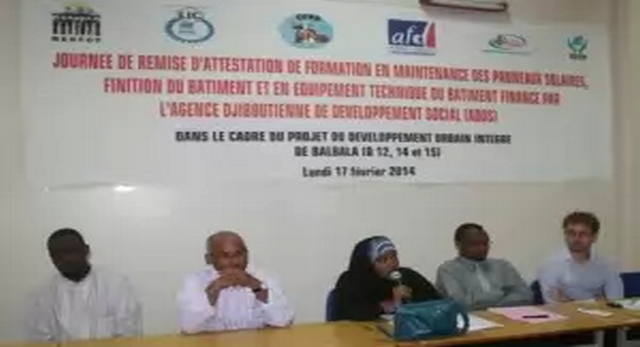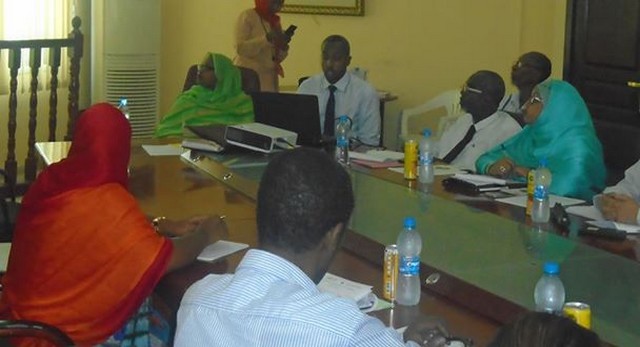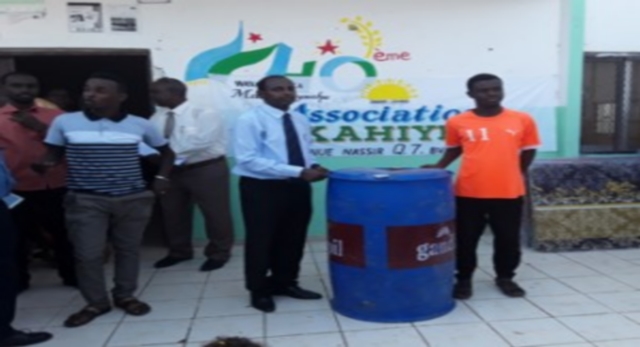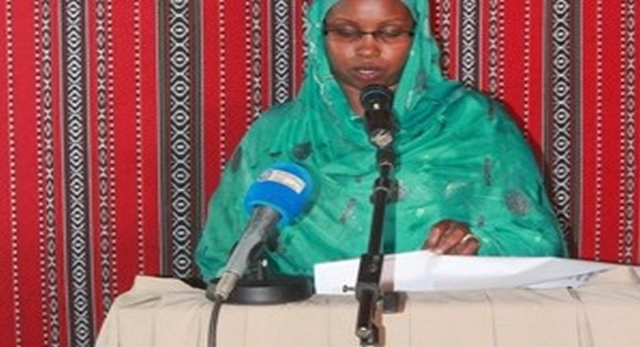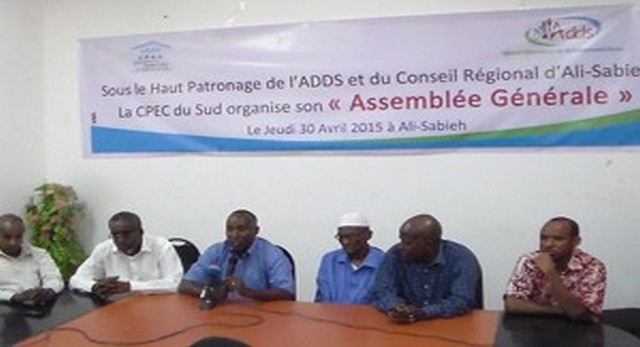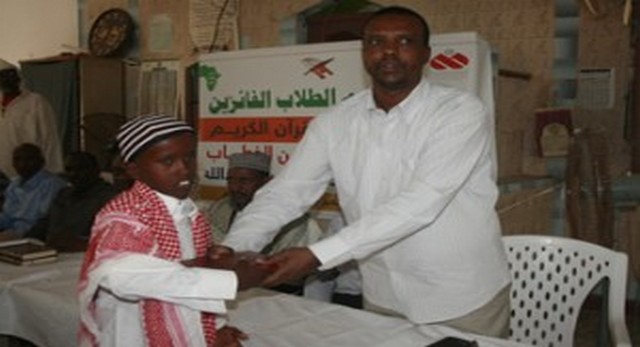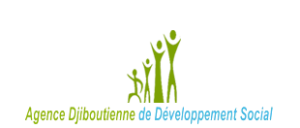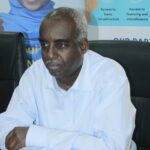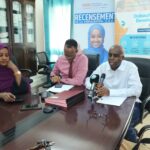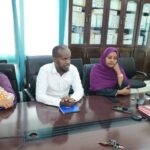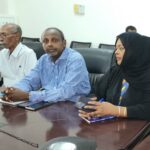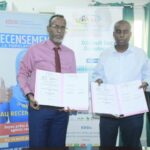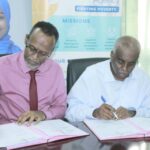Planning work has already been initiated in the year 2013 with the development of the national strategy of social safety nets for the 2013-17 period as well as the establishment of a system of universal health coverage. This work will generalize and systematize interventions that previously were mainly one-off initiatives and pilot donors.
Reducing poverty is a major challenge for the authorities. A survey conducted in 2012 revealed a deterioration in living standards.
The relative poverty rate continued to rise in the country between 2002 and 2012 to reach 79.4% of the population against 74.0% in 2002 and 41.1% in 1996.
Programs to reduce poverty, set up as part of the National Initiative for Social Development (INDS) did not achieve the desired objectives.
The reasons are many. Lack of selectivity in the prioritization of the INDS, difficulties of targeting different population groups and finally absence of a system of monitoring and evaluation of policies explain this finding.
To remedy the problems encountered in the implementation of the strategy for poverty reduction, analytical work was initiated in 2013 from the budget-consumption survey conducted between 2012 and 2013 Based on this detailed diagnosis of the situation, targeted policy interventions are developed.
Planning work has already been initiated in the year 2013 with the development of the national strategy of social safety nets for the 2013-17 period as well as the establishment of a system of universal health coverage.
This work will generalize and systematize interventions that previously were mainly one-off initiatives and pilot donors.
During the past year, a series of targeted projects have been implemented on the distribution of food stamps or food, the size of stones for the paving and support to students with disabilities.
The country also remains faced with a constant influx of people migrating to Yemen and the countries of the Arabian Peninsula, including Saudi Arabia and the Gulf countries.
These foreigners are mainly from Ethiopia but also from Somalia and Eritrea. The International Organization for Migration (IOM) lists each year nearly 100,000 migrants transiting through the coastal town of Obock to reach the Arabian peninsula.
In 2013, the High Commissioner for Refugees United Nations (UNHCR) also estimated the refugee population in Djibouti to 25,340 people, mostly from Somalia.
A situation that puts constant pressure in terms of access to water and sanitation, especially outside of the city of Djibouti.
Finally, in the absence of a significant private sector development, the government is the largest employer in the country. Nearly 41% of the employed population working in the administration or public services, followed by individual firms employing 25.9% of workers and state enterprises or mixed economy with 12.7% companies. Unemployment affects 48% of the workforce.

